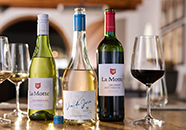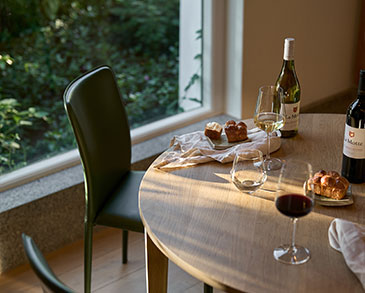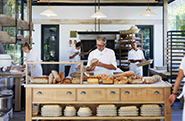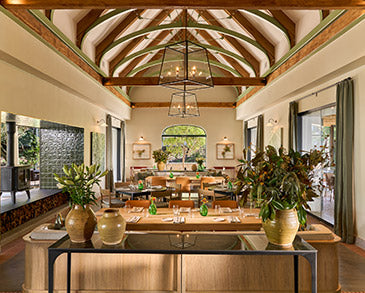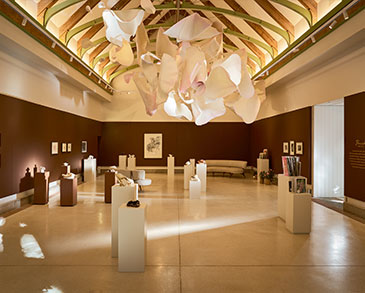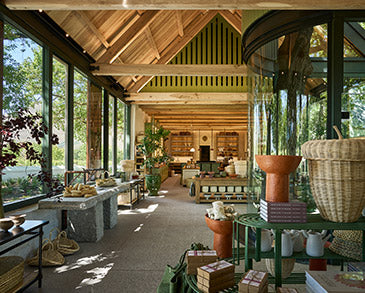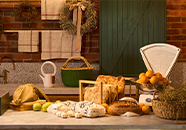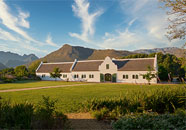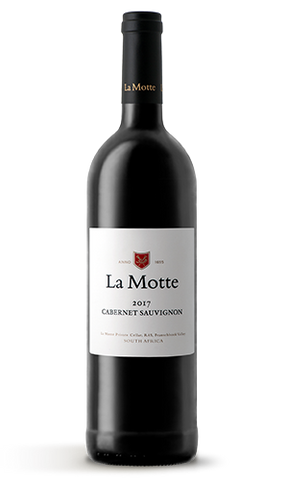Grapes for the wine originate from vineyards at Stellenbosch (45%), Franschhoek (35%) and Bot River (20%).
The preceding winter started late, but was cold enough to allow adequate dormancy. For the second consecutive year, rainfall was lower than average and irrigation dams were not filled entirely. Conditions for budding, flowering and setting were favourable (positive for harvest size), followed by a long, dry season (negative for harvest size). During ripening, cool nights were experienced (good for quality), while dry conditions still prevailed (disease-free and good concentration). Heat waves did not present problems. The above conditions resulted in healthy grapes and good concentration, analyses and flavours.
To promote complexity, grapes from different origins and clones were used. The Stellenbosch vineyards grow in high-potential soils of granite and sandstone origin, the Franschhoek vineyards in sandy soils, also of granite and sandstone origin, and the Bot River vineyards in soils of shale origin. All the vineyards are trellised.
The Stellenbosch and Bot River grapes were machine-harvested at night and transported to the La Motte cellar at Franschhoek. Franschhoek grapes were hand-harvested. Grapes from different blocks were fermented and matured separately. Fermentation was in stainless steel tanks at approximately 25 degrees Celsius. Twice a day, the wine was pumped over, allowing good aeration. Malolactic fermentation was partly in barrels. For 16 months the wine was matured in 300-litre French oak barrels – 25% new, 25% second-fill and 50% older barrels. Thereafter the different Cabernet Sauvignon lots were blended. For elegance, 5% Cinsaut was blended in. The wine was bottled in October 2018. 18 000 cases (6 x 750 ml) were relased as 2017 La Motte Cabernet Sauvignon.
In order to create a complex wine, grapes from three areas were combined — Bot River, for good tannin structure and colour, Franschhoek for pure berry fruit, and Stellenbosch, for the volume of the grapes and a light mintiness. The Cinsaut lowers the alcohol and promotes fruit and elegance.
Alcohol 13,68% Vol Total acid 5,9 g/l Residual sugar 2,6 g/l pH 3,49

